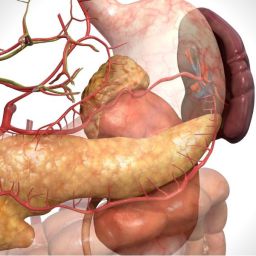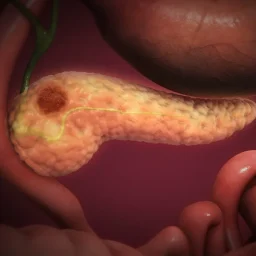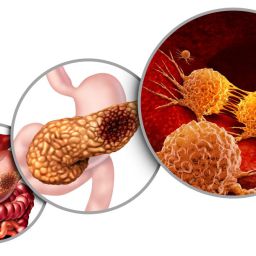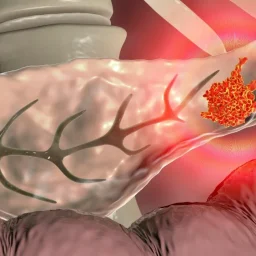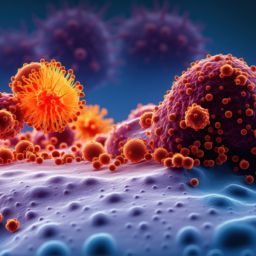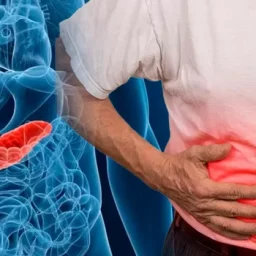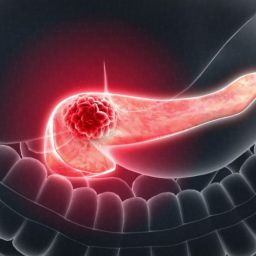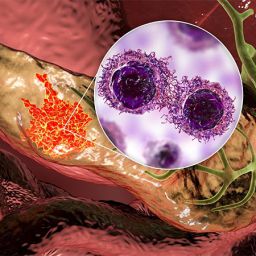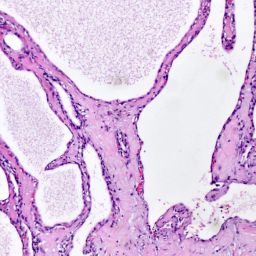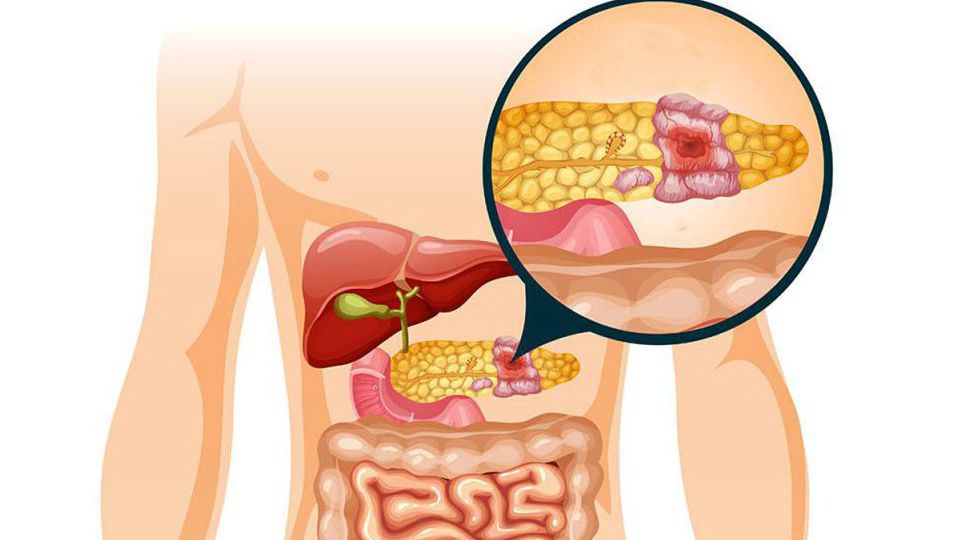
Pancreatic Cancer Surgery
Surgery is typically the best option for patients with pancreatic cancer that has not spread beyond the pancreas, but it is often not possible due to the location and aggressiveness of the cancer. There are several types of surgeries for pancreatic cancer:
1.1 Whipple Procedure (Pancreaticoduodenectomy)
The most common surgery for pancreatic cancer is the Whipple procedure, also known as pancreaticoduodenectomy. This complex surgery involves removing the head of the pancreas, the gallbladder, a portion of the small intestine, the bile duct, and sometimes a portion of the stomach. This procedure is typically recommended for patients with tumors in the head of the pancreas.
1.2 Distal Pancreatectomy
In cases where the tumor is located in the body or tail of the pancreas, a distal pancreatectomy may be performed. This surgery involves removing the tail and body of the pancreas, and sometimes the spleen.
1.3 Total Pancreatectomy
A total pancreatectomy, where the entire pancreas is removed, is performed in rare cases when the tumor involves the entire pancreas. This surgery often requires lifelong insulin therapy and digestive enzyme replacements, as the pancreas plays a key role in regulating blood sugar and digestion.
Each of these surgeries carries specific risks and considerations, and the recovery process will depend on the extent of the surgery and the patient’s health.
2. The Immediate Post-Surgery Period
The immediate recovery period following pancreatic cancer surgery is critical. The first few days in the hospital typically focus on stabilizing the patient’s condition and managing pain. Here’s what to expect during this period:
2.1 Hospital Stay and Initial Recovery
After surgery, patients are typically monitored in a hospital for several days to a week. During this time, the medical team will manage various aspects of recovery:
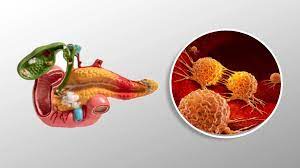
- Pain Management: Pain following pancreatic surgery is common and should be expected. Patients will be given medication to manage the pain, which may include opioids or other pain relievers. As recovery progresses, the use of painkillers will be reduced.
- IV Fluids and Nutrition: Since the digestive system may be temporarily affected, patients often receive fluids through an intravenous (IV) line and may have a feeding tube inserted if necessary. A gradual transition to solid food will be monitored by the medical team.
- Monitoring for Complications: Complications, such as infection, bleeding, or issues related to organ function, can arise following surgery. Medical staff will monitor vital signs and conduct necessary tests to ensure the patient is healing properly.
2.2 Common Early Complications
During the first few days after surgery, patients may experience various complications, such as:
- Infection: Pancreatic cancer surgery is invasive, and there is always the risk of infection. Symptoms of infection include fever, increased pain, or redness at the incision site.
- Bleeding: Any major surgery can result in bleeding, which may need to be managed if excessive.
- Pancreatic Fistula: This is a condition where digestive enzymes leak from the pancreas into surrounding tissues, which can cause inflammation and infection. The surgical team will monitor closely for this condition.
2.3 Managing Digestive Function
Following the removal of part or all of the pancreas, digestive function is often affected. The pancreas is responsible for producing digestive enzymes and regulating blood sugar. Some patients may need enzyme replacement therapy to assist in digestion, especially if large portions of the pancreas are removed.
Dietary adjustments are crucial during the recovery period. A dietitian will typically work with patients to provide appropriate nutrition and guide them through the reintroduction of foods to their diet. Small, frequent meals that are low in fat may be recommended to help the digestive system adapt.
3. Long-Term Recovery and Health Management
The long-term recovery process after pancreatic cancer surgery can last for several months. Patients must remain vigilant about managing their health and adjusting to life after surgery. Here are the key aspects of long-term recovery:
3.1 Pain and Discomfort Management
Some patients may experience persistent discomfort or pain as they recover from surgery. This can be caused by nerve damage, muscle stiffness, or general post-surgery healing. Depending on the severity, pain management may be required for several weeks to months after surgery.
3.2 Changes in Digestion and Nutritional Needs
After surgery, especially if a significant portion of the pancreas was removed, patients may experience difficulties with digestion. This is often because the pancreas produces digestive enzymes and insulin, both of which are necessary for normal digestion and blood sugar regulation.
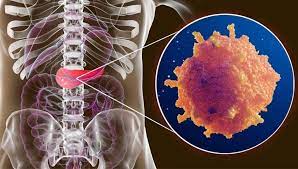
Enzyme Replacement Therapy: Patients who have undergone pancreatic surgery may need to take pancreatic enzyme supplements with every meal. This helps the body digest fats, proteins, and carbohydrates effectively.
Blood Sugar Management: If a substantial portion of the pancreas is removed, patients may also experience issues with insulin production, leading to diabetes. In such cases, patients may require insulin therapy or other methods of managing blood sugar.
Dietary Modifications: Patients will need to adhere to a special diet that includes low-fat, easy-to-digest foods. Nutritional advice from a registered dietitian is crucial to help patients meet their nutritional needs and maintain weight during recovery.
3.3 Emotional and Psychological Support
Undergoing surgery for pancreatic cancer can be physically and emotionally exhausting. Many patients experience depression, anxiety, or stress, particularly as they adjust to lifestyle changes post-surgery. Support from mental health professionals, including therapy and support groups, can help patients cope with the emotional aspects of their recovery.
3.4 Follow-Up Care and Monitoring
Regular follow-up appointments are crucial in the post-surgery phase. These visits typically involve:
- Monitoring for Recurrence: Pancreatic cancer has a high rate of recurrence, even after successful surgery. Regular imaging (CT scans, MRIs, etc.) and blood tests (such as CA 19-9 levels) will be performed to monitor for any signs of cancer returning.
- Addressing Long-Term Side Effects: Follow-up care also involves addressing any ongoing side effects from the surgery, such as digestive issues, fatigue, or pain.
4. Potential Complications During Recovery
While many patients recover successfully after pancreatic cancer surgery, some may experience complications, particularly if the cancer has spread or if the surgery was extensive. Some complications to watch out for include:
4.1 Infection and Sepsis
As mentioned earlier, infections are a risk after any major surgery. If infections spread throughout the body, they can lead to sepsis, a potentially life-threatening condition. Symptoms of infection should be reported to the medical team immediately.
4.2 Bile Duct Complications
If a bile duct was removed or altered during surgery, complications can arise, such as bile leakage or blockages, which may affect liver function.
4.3 Delays in Digestion or Nutrient Absorption
Some patients may experience delayed gastric emptying, where the stomach takes longer to empty after eating. This can cause discomfort, nausea, and loss of appetite.
5. Tips for Promoting Recovery After Pancreatic Cancer Surgery
The recovery process after pancreatic cancer surgery can be challenging, but there are steps patients can take to enhance their health and healing. These include:
- Follow a balanced, nutritious diet as advised by your healthcare provider.
- Stay physically active with light activities, such as walking, to improve circulation and prevent complications like blood clots.
- Take prescribed medications regularly and as directed, including enzyme replacements, pain relievers, and insulin if needed.
- Seek emotional support through counseling, support groups, or online forums to cope with the psychological aspects of recovery.
- Attend all follow-up appointments to monitor recovery progress and detect any potential recurrence early.
- Listen to your body and rest when needed to prevent overexertion.
Recovery after pancreatic cancer surgery is a multifaceted process that requires careful attention to both physical and emotional health. While the surgery itself can be life-saving, the recovery journey can be long and challenging. By managing pain, addressing digestive issues, and adhering to a proper diet and lifestyle, patients can improve their chances of a full recovery. Regular follow-up care, including monitoring for recurrence and managing any complications, is essential for long-term health after pancreatic cancer surgery.
Each patient’s recovery will be different, and it’s important for patients to maintain close communication with their healthcare team throughout the healing process to ensure the best possible outcome.

